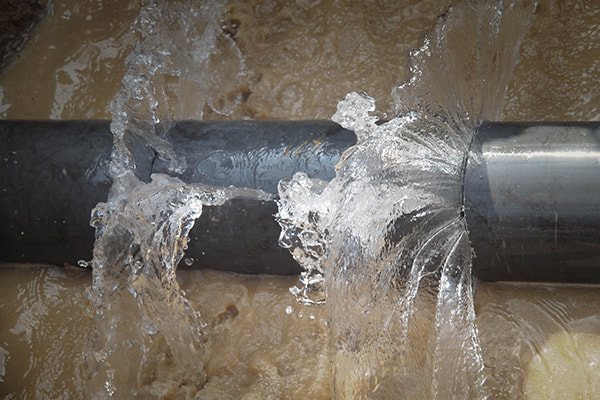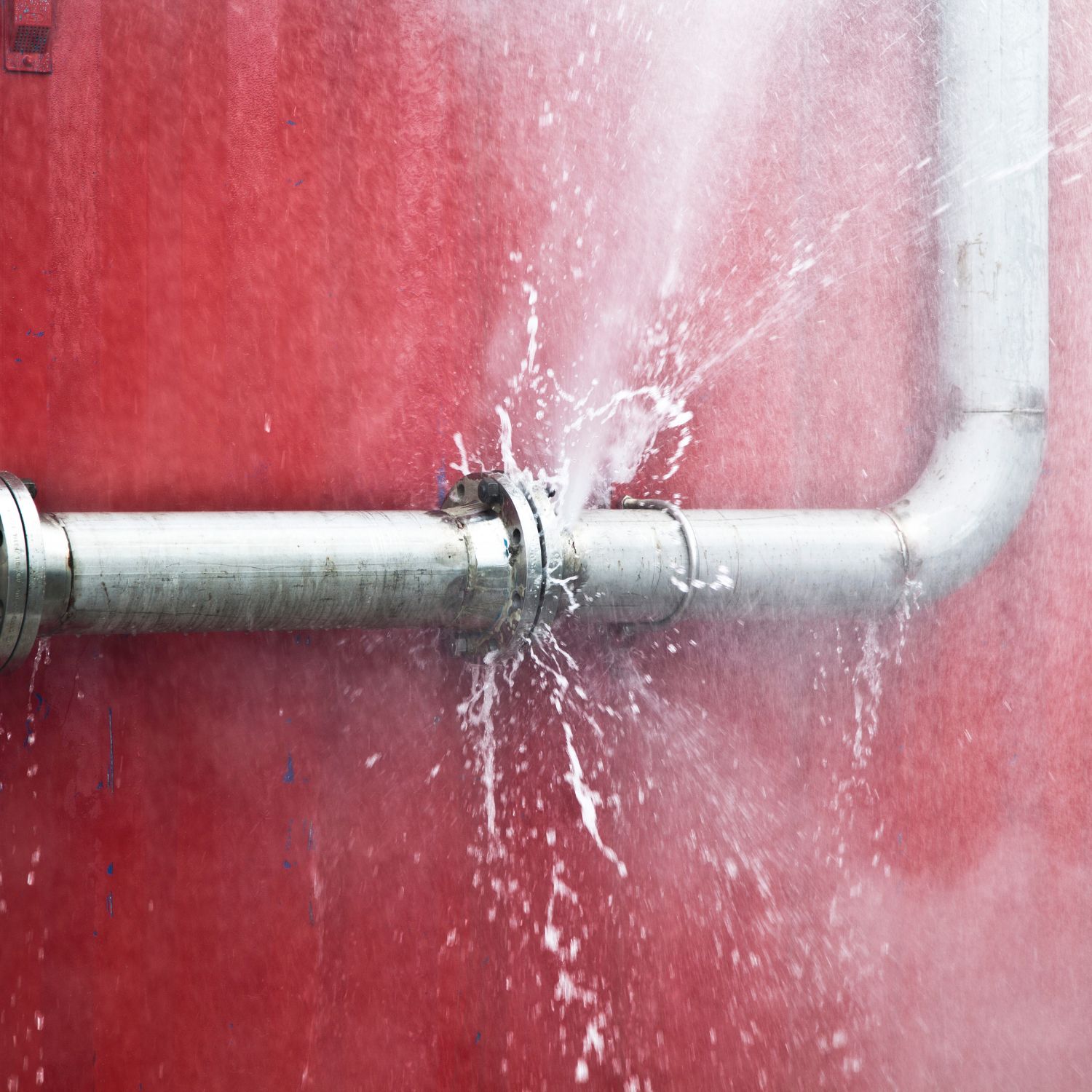Protecting Against Burst Piping: Necessary Tips to Safeguard Your Plumbing
Stopping ruptured pipes is a crucial worry for home owners, especially during colder months when the risk of freezing is heightened. Applying strategic steps such as appropriate insulation, regular evaluations, and preserving constant indoor temperature levels can substantially decrease the probability of pipeline failure. Furthermore, recognizing emergency situation treatments furnishes homeowners to react swiftly to potential plumbing problems. Lots of are uninformed of the certain susceptabilities that their pipelines might deal with. Exploring these vulnerabilities can offer very useful understandings into protecting your pipes system successfully.
Understand Pipeline Vulnerabilities
Recognizing pipeline vulnerabilities is crucial for reliable pipes upkeep and avoiding costly damage. A number of elements add to the susceptibility of pipes to ruptureds, including product structure, age, and environmental problems. Older pipes, especially those made from galvanized steel or polybutylene, usually deteriorate with time, causing increased risk of tears and leaks.
Temperature fluctuations can additionally significantly influence pipe stability. In chillier environments, water caught in pipes can ice up, increasing and applying stress on the pipe wall surfaces, which may eventually result in a burst. High water pressure can strain pipelines, especially at bends and joints, enhancing the possibility of failure.

Insulate Pipes Correctly
Appropriate insulation of pipelines is vital for avoiding freezing and succeeding bursts during winter (burst pipe). Shielding your pipes system efficiently safeguards against temperature level drops that can result in expensive damage. Begin by determining at risk areas where pipelines are revealed to outdoor temperatures, such as cellars, attic rooms, and exterior wall surfaces
Use foam pipe insulation sleeves or cover insulation tape around these locations to give a safety barrier. Make certain that all areas of the pipelines, especially those with limited heat exposure, get adequate insulation. Pay unique attention to fittings and joints, as these are a lot more susceptible to freezing.
When protecting, it's necessary to pick materials that meet local structure codes and are suitable for the particular setting. As an example, fiberglass insulation is frequently advised for its thermal resistance residential properties - burst pipe. In addition, think about using warmth cable televisions or tape in extreme problems, which can be connected in to offer supplemental heat
Consistently examine shielded pipes for any type of signs of wear or damage, as endangered insulation can diminish its effectiveness. By taking these positive actions, you dramatically reduce the danger of pipe ruptureds, making certain a dependable pipes system throughout the wintertime months.
Maintain Regular Temperature Level
A stable indoor temperature level is necessary for avoiding ruptured pipes during the freezing months. When temperatures drop, water within pipes can freeze, developing and increasing pressure that may inevitably create the pipelines to burst.Using a programmable thermostat can help handle interior temperatures efficiently, making sure that areas with plumbing stay warm even when the home is unoccupied.
On top of that, it is sensible to permit taps to leak somewhat during severe cold spells. This minor circulation of water can prevent cold by relieving pressure within the pipelines. During specifically extreme weather occasions, take into consideration temporarily putting on hold any nighttime obstacles on your thermostat to preserve a constant warm setting. By implementing these approaches, property owners can significantly my company decrease the threat of pipe ruptureds and safeguard their plumbing systems against the extreme winter components.
Regularly Evaluate Plumbing
Normal examinations of pipes systems are vital for stopping burst pipelines and maintaining total home stability. During these assessments, it is crucial to take a look at visible pipelines for signs of corrosion, leaks, or put on.
Furthermore, checking joints and links is important, as these factors are commonly vulnerable to leaks. Homeowners need to likewise evaluate water stress levels, as excessive pressure can strain the plumbing system and raise the threat of pipe bursts.
Think about scheduling professional pipes examinations at least once a year, especially before wintertime, to ensure your system is prepared for chillier temperature levels. Routine inspections not just aid in recognizing immediate concerns however additionally foster long-lasting upkeep methods that can improve the life expectancy of your pipes system. By being proactive in your approach, you can secure your home versus the costly and disruptive consequences of ruptured pipelines. Prioritizing pipes inspections is an investment in your house's health and wellness.
Know Emergency Situation Treatments
Comprehending emergency procedures is vital for every home owner, especially after performing normal pipes evaluations. Being prepared for imp source a plumbing emergency situation can considerably mitigate damage and conserve prices.
Following, keep crucial tools helpful. A plumbing emergency set must consist of a wrench, bettor, and towels, as well as a flashlight and a container for little leaks. In addition, think about having the contact details for a trusted plumber easily available, should the scenario intensify beyond your control.
If you detect a leakage or burst pipeline, quickly transform off the water supply and alert your plumbing technician. Furthermore, document the damages with photographs for insurance objectives. burst pipe. Be mindful of the indicators of prospective plumbing issues, such as unusual water stress changes or damp spots on wall surfaces
Eventually, proactive expertise and swift action are crucial in managing pipes emergencies, ensuring your home remains secured and reducing potential damages.

Conclusion
Finally, avoiding ruptured pipelines requires a multifaceted approach that consists of understanding pipe vulnerabilities, correct insulation, preserving constant indoor temperature levels, routine inspections, and expertise of emergency situation procedures. By implementing these crucial methods, the risk of pipes failings can be substantially minimized, thus making certain the longevity and efficiency of the plumbing system. Aggressive steps not only secure against possible damage however likewise add to general water preservation and the protection of residential or commercial property.
In browse around this web-site cooler climates, water entraped in pipes can freeze, increasing and putting in stress on the pipe walls, which might eventually lead to a burst. When temperatures drop, water within pipelines can ice up, expanding and creating pressure that might ultimately trigger the pipes to ruptured. By executing these methods, property owners can dramatically decrease the danger of pipeline ruptureds and secure their pipes systems versus the harsh wintertime components.
